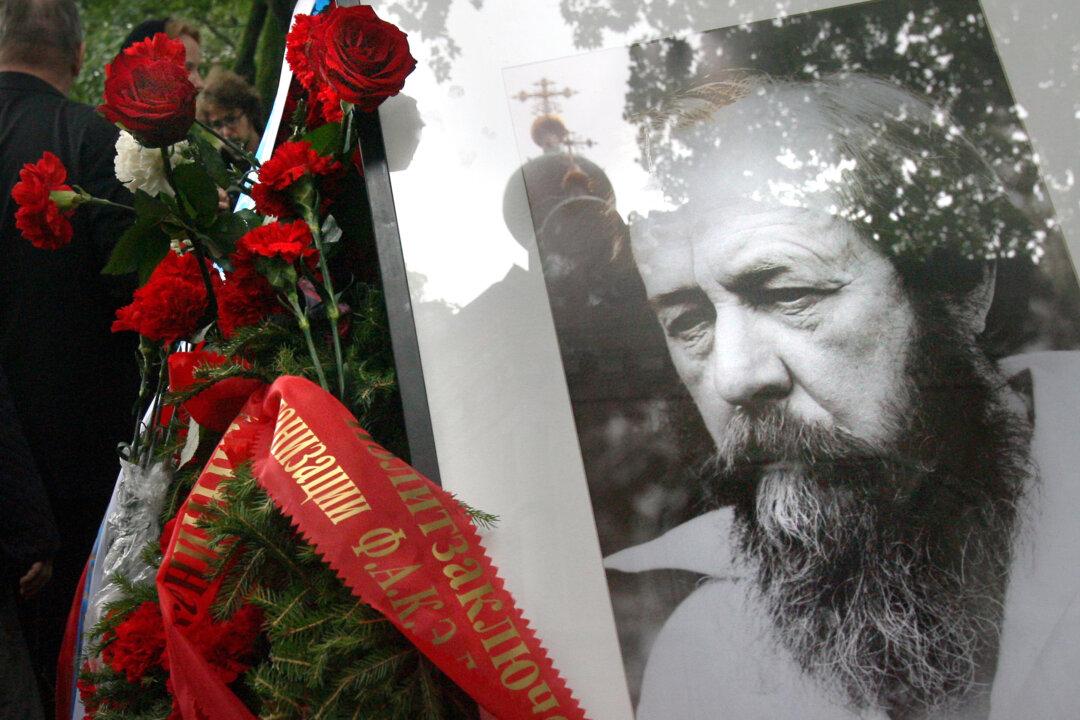Commentary
The Cold War came to an end more than a quarter-century ago. When the winds of change started to blow in the eastern bloc, and then the Berlin Wall finally came down, many of us wondered what the future would bring.

The Cold War came to an end more than a quarter-century ago. When the winds of change started to blow in the eastern bloc, and then the Berlin Wall finally came down, many of us wondered what the future would bring.